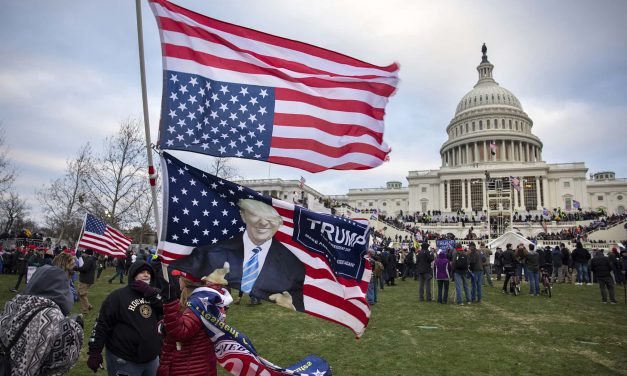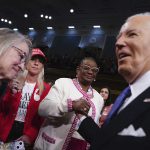How a “violent insurrection” has been part of the GOP playbook for “legitimate political discourse”
By Amy Fried, John M. Nickerson Professor of Political Science, University of Maine; and Douglas B. Harris, Professor of political science, Loyola University Maryland The Republican National Committee has legitimized the January 6, 2021, Capitol attacks. The RNC declared on February 4, 2022, that the insurrection and preceding events were “legitimate political discourse,” an assertion that Senator Mitch McConnell soon after countered, saying that it was a “violent insurrection.” The Justice Department is investigating former President Donald Trump’s involvement on January 6, when several thousand rioters stormed the U.S. Capitol. The attacks resulted in the deaths of at least...
Read More















